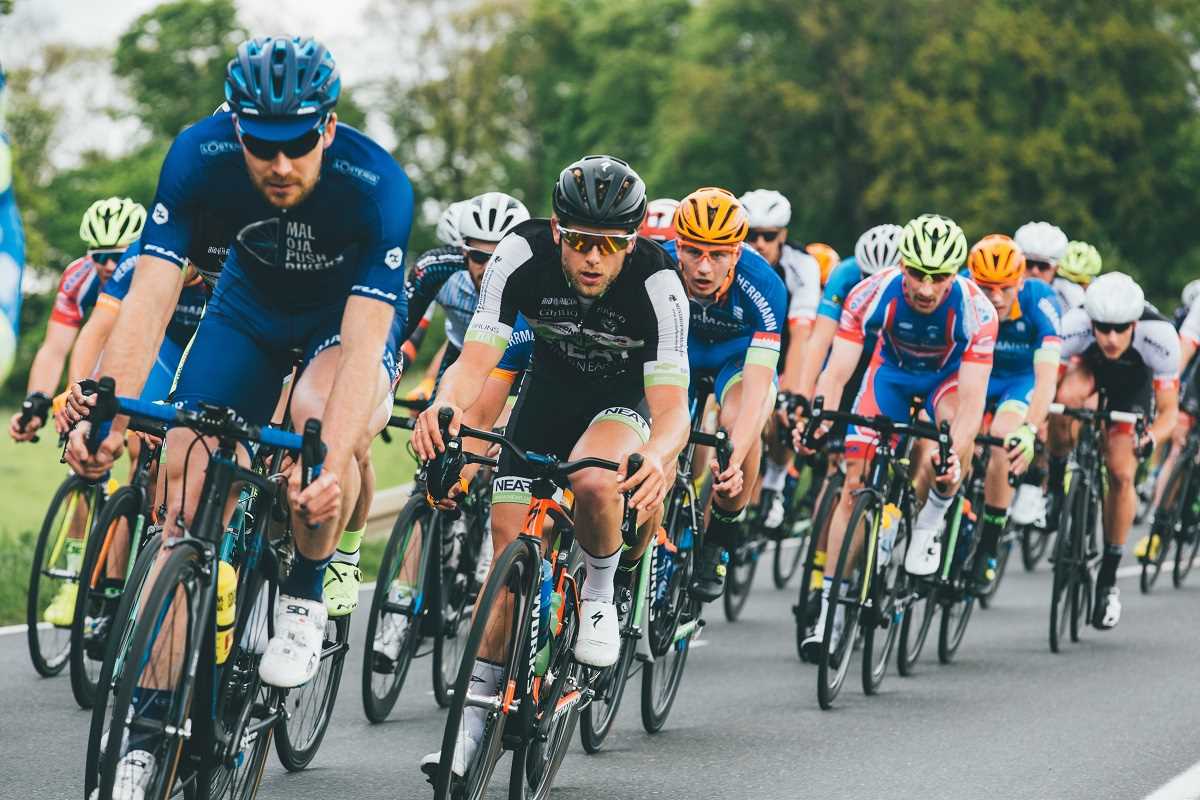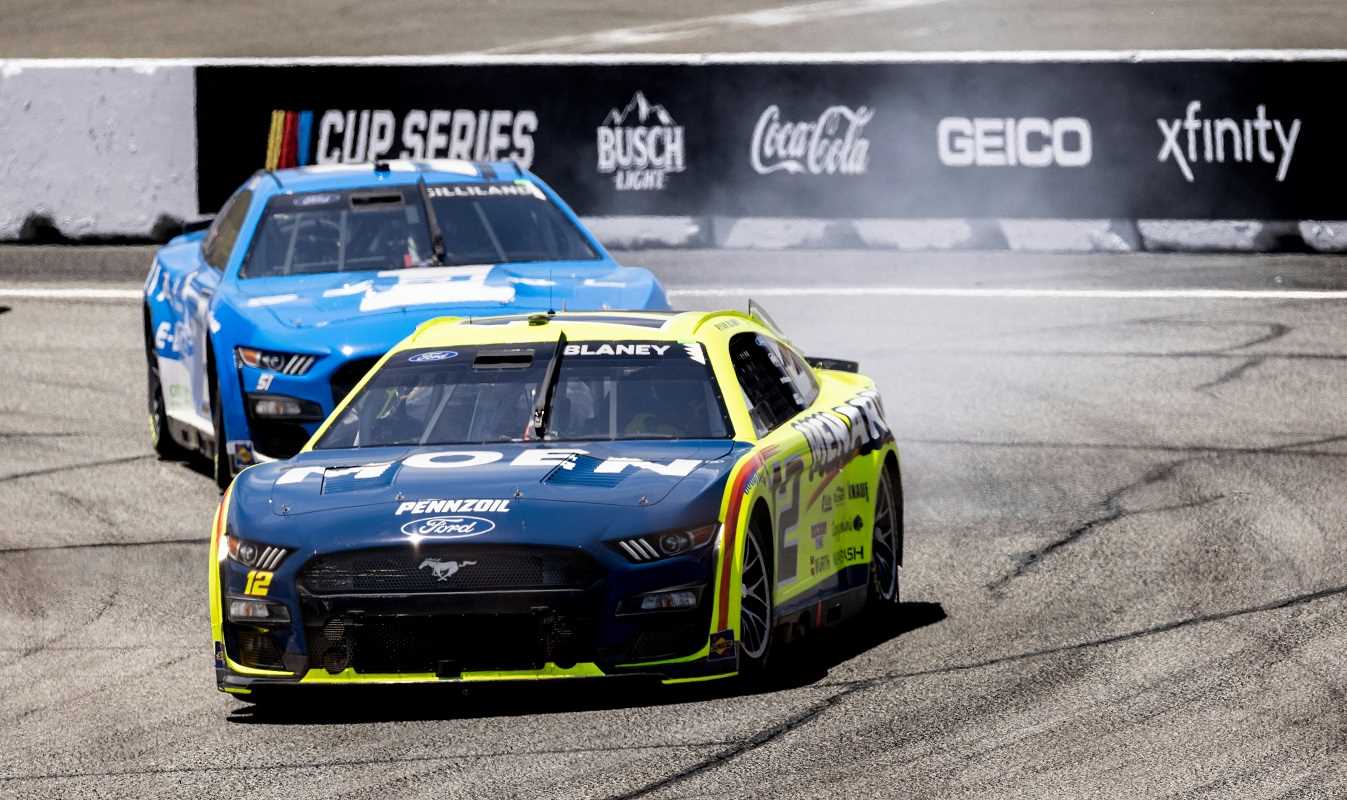Cycling is one of the most physically and mentally demanding sports in the world. Whether it’s conquering mountain climbs or enduring back-to-back sprints in the peloton, professional cyclists push their bodies to the brink. To sustain such levels of performance, they rely not just on rigorous training but also on well-researched supplements designed to enhance endurance, power, and recovery.
Curious about the secret formulas that keep pro cyclists pedaling strong? Here’s the breakdown of the most effective performance supplements frequently used in the world of elite cycling.
1. Caffeine
You might love your morning cup of coffee, but for professional cyclists, caffeine is more than just a wake-up call. It’s one of the most widely-used and researched performance-enhancing substances in sports. Caffeine works by blocking adenosine receptors in the brain, effectively reducing perceived effort, increasing alertness, and improving endurance.
Research shows that caffeine can enhance endurance performance by up to 2-4%, making it a favorite choice for road cyclists and sprinters alike. Elite athletes often consume caffeine in the form of gels, chewing gum, or even specialized energy drinks. Teams like those in the Tour de France carefully calculate caffeine doses to optimize its effects without causing jitters.
Pro Tip: For most cyclists, a dose of 2-3 mg per kilogram of body weight, taken about 30-60 minutes before their ride, works best.
2. Beetroot Juice (Nitrate)
If you’ve ever wondered why beetroot shots are popular among endurance athletes, it’s because they’re packed with nitrates. When consumed, nitrates convert to nitric oxide in the body, dilating blood vessels and improving oxygen efficiency. This allows cyclists to perform at higher intensities for longer periods.
A study in 2020 found that beetroot juice increases endurance performance by roughly 3%. However, its effectiveness is often more pronounced in recreational athletes compared to elites. Even so, many professional cyclists incorporate 1-2 shots of concentrated beetroot juice (about 310-560 mg nitrate) into their routine before major events.
Pro Tip: For best results, start nitrate supplementation 3-7 days before a race.
3. Beta-Alanine
If you’ve experienced burning legs during intense sprints or climbs, you’re familiar with muscle acidosis. Beta-alanine helps buffer lactic acid buildup by boosting carnosine levels in muscles, delaying fatigue. This supplement is particularly beneficial for events lasting 1-10 minutes, such as track cycling or hill sprints.
According to a systematic review of studies, beta-alanine improves performance by 0.2-3% in high-intensity efforts. Pro-level cyclists take 3.2-6.4 grams per day, divided into smaller doses to minimize the harmless (but annoying) tingling side effect called paraesthesia.
Pro Tip: Beta-alanine supplementation requires a “loading phase” of 10-12 weeks, so plan accordingly before a big race.
4. Isotonic Drinks
Staying hydrated is a non-negotiable for cyclists, especially during grueling multi-hour rides. Isotonic drinks combine carbohydrates, minerals, and water to replenish glycogen stores and replace the electrolytes lost through sweat. They’re the go-to hydration solution, ensuring consistent energy levels on the bike.
Top cycling teams focus on drinks that provide the perfect balance of glucose and fructose. The optimal 2:1 carbohydrate ratio allows cyclists to absorb up to 90 grams of carbs per hour without gastrointestinal issues.
Pro Tip: Look for isotonic drinks with added sodium to prevent cramps and maintain hydration.
5. Recovery Shakes
Cyclists may focus heavily on fueling up before and during a race, but recovery is equally critical. Recovery shakes are carefully designed to provide carbohydrates, proteins, and electrolytes in one mix. These drinks assist in glycogen restoration, muscle repair, and rehydration.
Timing is essential. Ideally, cyclists consume recovery shakes within 30 minutes after stepping off the bike. For example, a popular post-stage snack in cycling grand tours includes customized shakes with a 3:1 carbohydrate-to-protein ratio, perfectly calibrated to support muscle recovery.
Pro Tip: Prioritize high-quality whey protein isolate combined with simple carbs in your recovery mix.
6. Energy Gels
When pros prepare for long endurance races, energy gels are a must-have in their arsenal. These compact packets deliver quick-digesting carbohydrates that athletes can consume mid-ride to replenish glycogen stores.
A recent innovation is high-carb gels containing up to 45 grams of carbohydrates, reducing the number required during intense stages. Pro cyclists pair these with isotonic drinks to hit their hourly carbohydrate intake goals of 60-90 grams.
Pro Tip: Practice your fueling strategy during training to avoid stomach upset on race day.
 (Image via
(Image via.jpeg)





